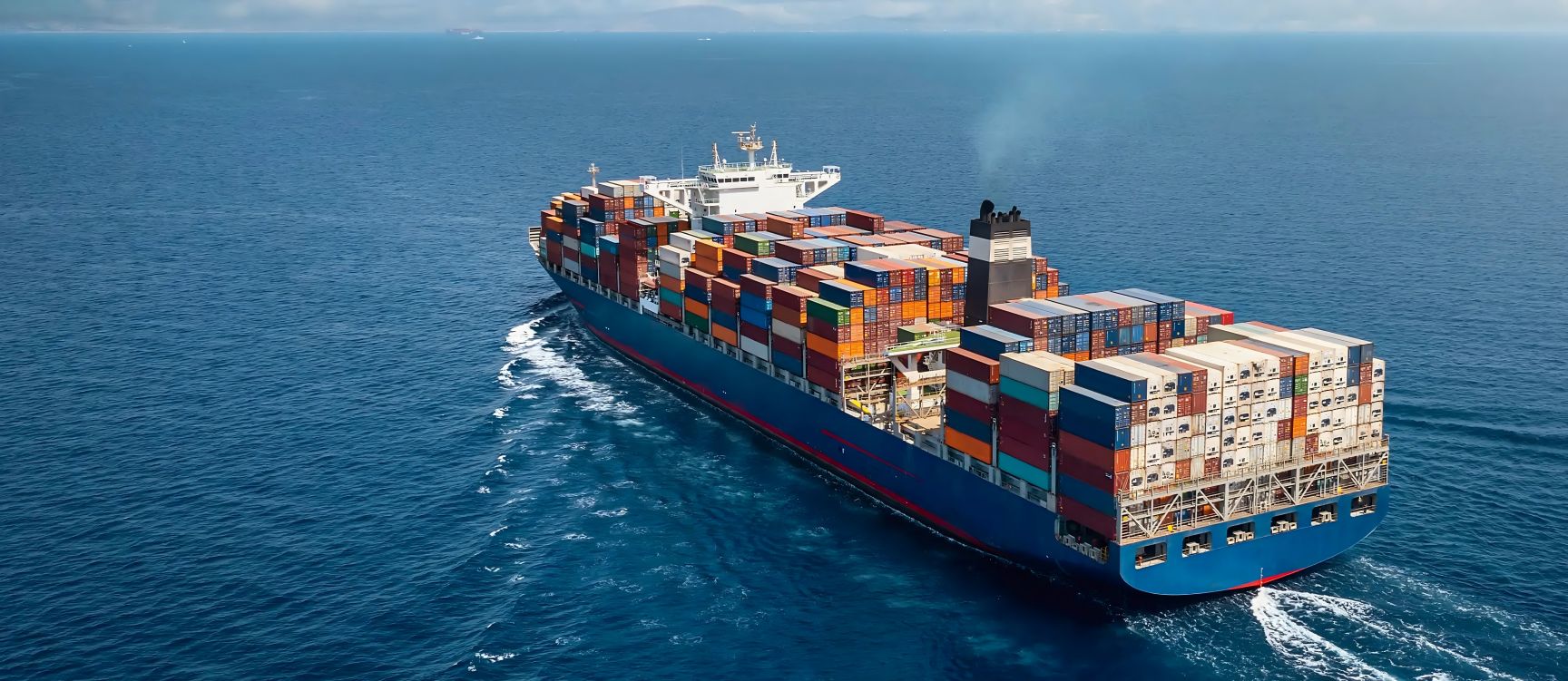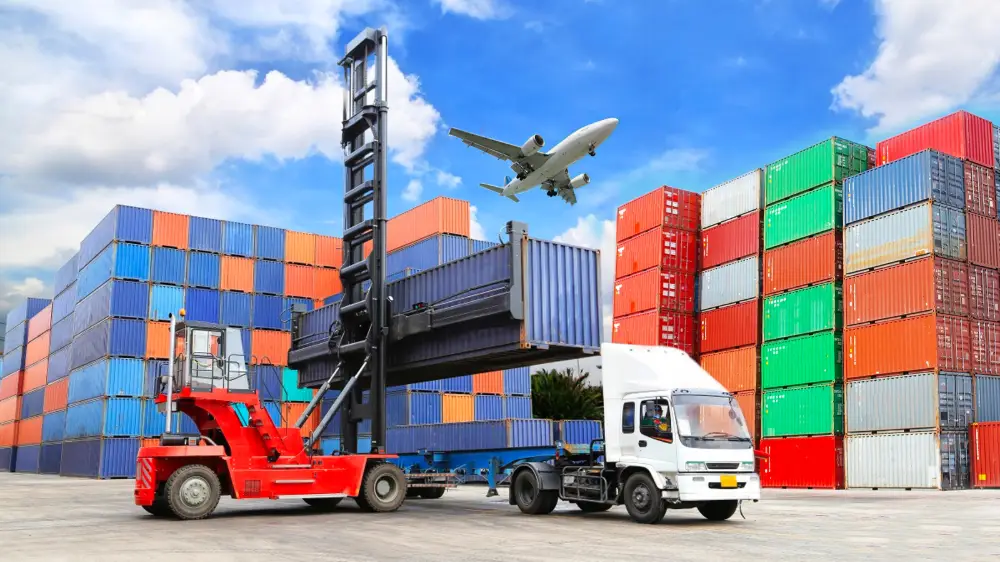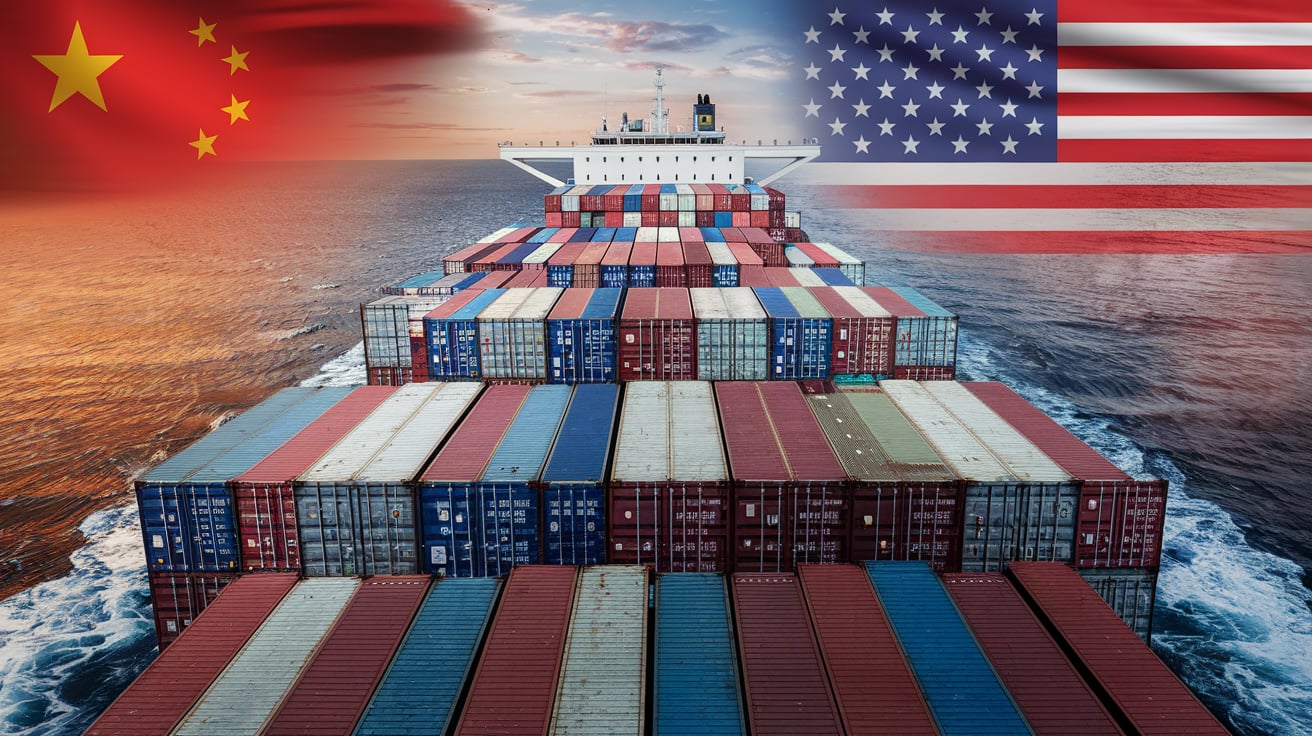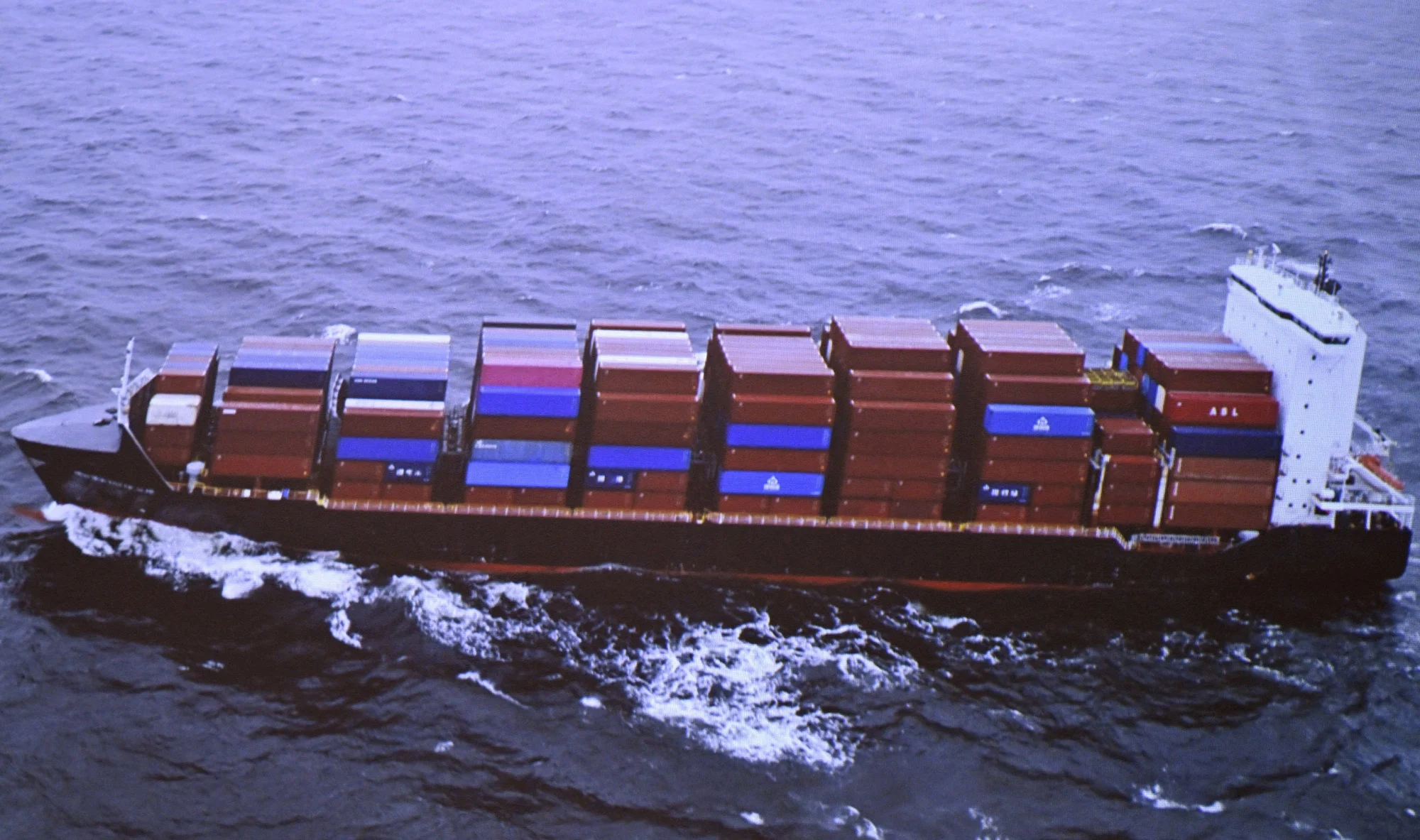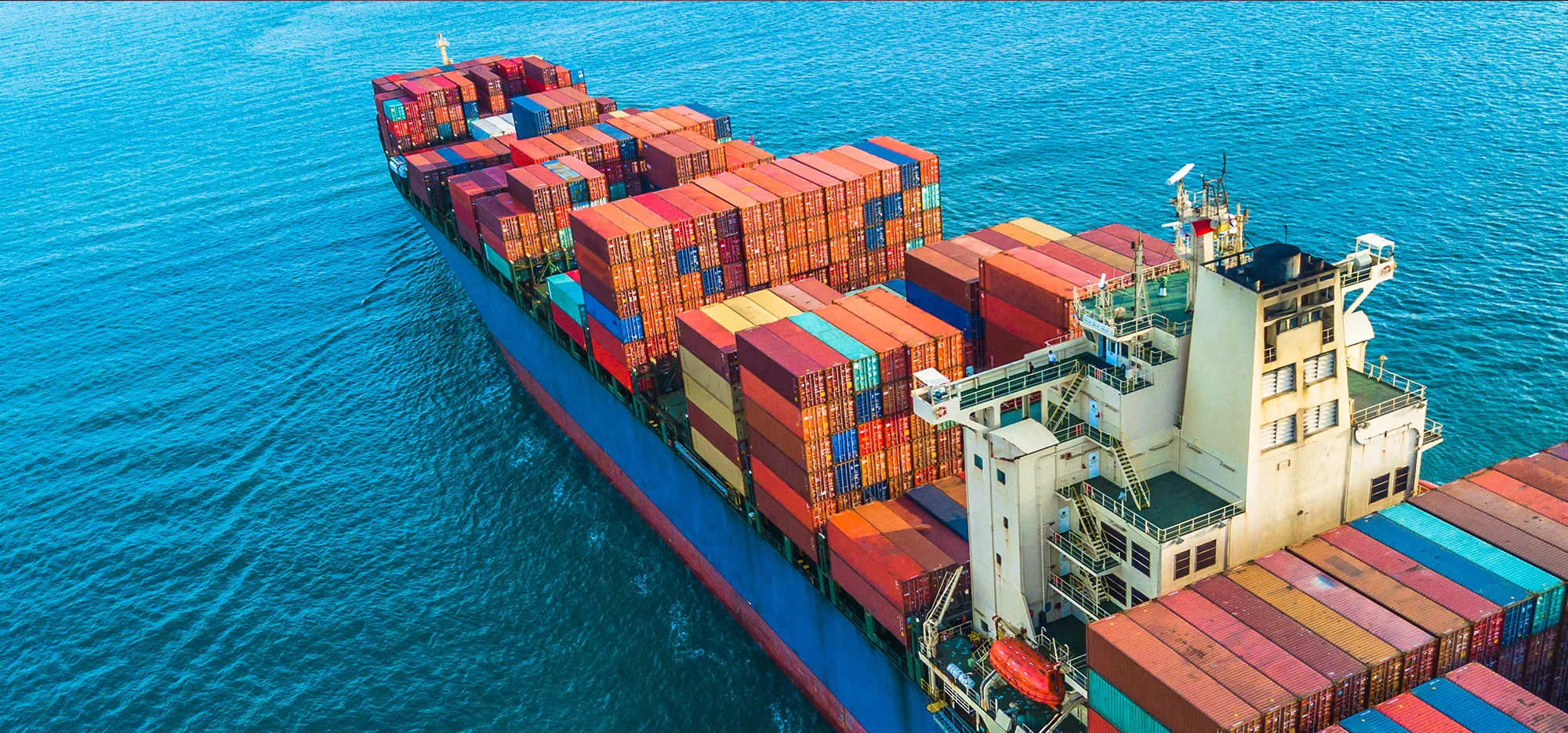In today’s increasingly globalized economy, the efficiency and reliability of shipping methods are crucial for businesses and individuals looking to import goods. Door to door shipping has emerged as a popular and effective solution, especially for those importing goods to Nigeria. This shipping method offers a seamless experience by handling every aspect of the shipping process from the supplier’s warehouse to the consignee’s doorstep. Whether you are a small business owner, a large corporation, or an individual, understanding the intricacies of door to door shipping can save you both time and money. In this article, we will delve into everything you need to know about door to door shipping to Nigeria, its advantages, how it works, cost considerations, customs regulations, and tips for choosing the right freight forwarder.

What is Door to Door Shipping?

Door to door shipping is a comprehensive logistics service where the shipping company takes responsibility for transporting goods from the sender’s location to the recipient’s specified address. This method of shipping eliminates the need for the shipper or receiver to handle intermediate stages like customs clearance, storage, or local transportation. Here are some key characteristics:
- End-to-End Service: The shipping process starts with the collection of goods from the supplier’s location and ends with delivery at the buyer’s doorstep.
- One-Stop Solution: The freight forwarder manages all aspects of the shipping process, including customs clearance, insurance, and local delivery.
- Flexibility and Convenience: Suitable for various types of goods, including personal items, commercial products, and industrial equipment.
Unlike other methods such as port to port or door to port, door to door shipping provides a more integrated and hassle-free experience. By leveraging a single point of contact, businesses can streamline their supply chain operations and focus on core activities.
Advantages of Door to Door Shipping to Nigeria
Door to door shipping offers numerous benefits, making it a preferred choice for many importers. Below are some of the key advantages:
- Convenience and Time-Saving
- Simplified Process: The freight forwarder handles all stages of the shipping process, including packing, documentation, customs clearance, and delivery. This allows businesses to focus on other important tasks.
- Time Efficiency: By consolidating all logistics services under one provider, the shipping process becomes faster and more efficient, reducing the time it takes to get goods from the supplier to the recipient.
- Cost-Effectiveness
- Bundled Services: Combining multiple services into a single package often results in cost savings. Freight forwarders can negotiate better rates with carriers and service providers, passing these savings on to the customer.
- Reduced Risk of Additional Costs: With a clear understanding of all costs upfront, businesses can better budget for their shipping needs, avoiding unexpected expenses.
- Simplified Customs Clearance
- Expertise: Freight forwarders have in-depth knowledge of Nigerian import regulations and can navigate the complexities of customs clearance with ease, ensuring compliance and minimizing delays.
- Comprehensive Documentation: All necessary paperwork is handled by the freight forwarder, reducing the risk of errors and ensuring smooth passage through customs.
- Enhanced Security and Tracking
- Secure Handling: Goods are handled by professionals throughout the shipping process, reducing the risk of damage or loss.
- Real-Time Tracking: Advanced tracking systems provide real-time updates on the status of shipments, allowing businesses to monitor the progress of their goods.
In summary, door to door shipping to Nigeria offers a streamlined, cost-effective, and secure solution for importing goods. By choosing a reliable service provider like Dantful International Logistics, businesses can further enhance these benefits and ensure a smooth shipping experience.
How Door to Door Shipping Works
Door to door shipping is a seamless process that involves several key steps, each managed by the freight forwarder to ensure a smooth and efficient delivery of goods. Here is a step-by-step breakdown of the process:
- Pickup from Supplier
- The process begins with the freight forwarder arranging for the collection of goods from the supplier’s location. This could be a factory, warehouse, or even a retail store.
- Goods are carefully packed and prepared for transportation, with the forwarder ensuring they are adequately protected for the journey.
- Transportation to Port of Origin
- Once collected, the goods are transported to the port of origin. This may involve trucking or rail services, depending on the location of the supplier.
- During this stage, the freight forwarder handles all necessary documentation and ensures that the shipment complies with export regulations.
- Customs Clearance at Port of Origin
- At the port of origin, the freight forwarder manages the customs clearance process. This involves submitting the required export documentation and paying any applicable duties or taxes.
- The forwarder’s expertise in customs regulations helps to prevent delays and ensures compliance with local laws.
- Ocean Freight or Air Freight
- Depending on the chosen method of shipping, the goods are loaded onto a cargo ship or airplane. Ocean freight is typically more cost-effective for large or heavy shipments, while air freight offers faster transit times for urgent deliveries.
- The freight forwarder monitors the shipment throughout its journey, providing updates and ensuring it stays on schedule.
- Customs Clearance at Destination Port
- Upon arrival at the destination port in Nigeria, the freight forwarder handles the import customs clearance. This involves submitting the necessary documentation, paying import duties and taxes, and ensuring compliance with Nigerian import regulations.
- The forwarder’s local knowledge and expertise help to expedite this process, reducing the risk of delays.
- Local Transportation and Final Delivery
- After clearing customs, the goods are transported from the destination port to the recipient’s specified address. This may involve trucking or other local delivery services.
- The freight forwarder ensures that the goods are delivered safely and on time, providing a final confirmation of delivery.
Read More:
- Shipping From China to the United States
- Shipping From China TO CANADA
- Shipping From China To Netherlands
- Shipping From China To UNITED KINGDOM
- Shipping From China To ALGERIA
- Shipping from China to UAE
- Shipping from China to Saudi Arabia
Cost Considerations
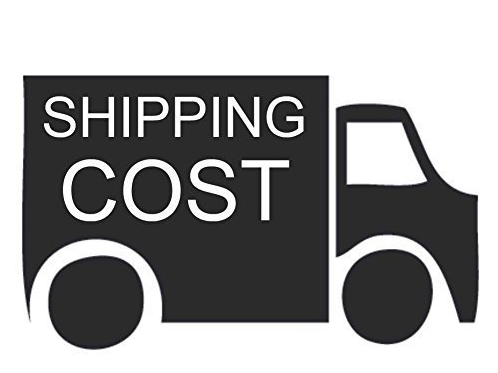
When planning for door to door shipping to Nigeria, it is essential to understand the various cost components involved. Here is a breakdown of the key factors that influence shipping costs:
- Freight Charges
- These are the costs associated with the actual transportation of goods, whether by sea or air. Ocean freight is generally less expensive than air freight, but transit times are longer.
- Customs Duties and Taxes
- Import duties and taxes imposed by the Nigerian government can significantly impact the overall cost of shipping. The amount varies depending on the type of goods being imported and their declared value.
- Documentation Fees
- Costs associated with preparing and processing the necessary shipping and customs documentation, such as bills of lading, commercial invoices, and certificates of origin.
- Insurance Costs
- To protect against potential loss or damage during transit, many shippers opt for insurance services. The cost of insurance depends on the value of the goods and the level of coverage required.
- Handling and Service Fees
- These fees cover the various handling and service charges incurred at both the port of origin and the destination port. They may include loading and unloading fees, terminal handling charges, and storage fees.
- Local Transportation Costs
- Costs associated with the final delivery of goods from the destination port to the recipient’s address. This may include trucking or other local delivery services.
Customs and Regulations
Understanding Nigerian import regulations and ensuring compliance is crucial for a successful door to door shipping experience. Here are some key aspects to consider:
- Documentation Requirements
- Commercial Invoice: A detailed invoice from the supplier, listing the goods being shipped, their value, and terms of sale.
- Bill of Lading: A document issued by the freight forwarder or carrier, detailing the shipment and serving as a receipt of goods.
- Packing List: A document outlining the contents of each package within the shipment.
- Certificate of Origin: A document certifying the country in which the goods were manufactured.
- Import Duties and Taxes
- Nigeria imposes import duties and taxes on a wide range of goods. The rates vary depending on the type and value of the goods being imported.
- It is essential to accurately declare the value of the goods to avoid penalties and ensure compliance with customs regulations.
- Prohibited and Restricted Goods
- Certain goods are prohibited or restricted from being imported into Nigeria. These may include items such as hazardous materials, counterfeit products, and specific agricultural products.
- It is important to verify that the goods being shipped are allowed for import to avoid potential issues and delays.
- Compliance with Standards and Regulations
- Imported goods must comply with Nigerian standards and regulations, which may include safety, health, and environmental requirements.
- Ensuring compliance with these standards helps to prevent delays and potential rejections during the customs clearance process.
Choosing the Right Freight Forwarder
Selecting a reliable and experienced freight forwarder is crucial for a successful door to door shipping experience. Here are some criteria to consider when choosing a freight forwarder:
- Experience and Expertise
- Look for a freight forwarder with extensive experience in handling shipments to Nigeria and a thorough understanding of local regulations and requirements.
- A knowledgeable forwarder can navigate the complexities of the shipping process, ensuring a smooth and efficient delivery.
- Comprehensive Services
- Choose a forwarder that offers a wide range of services, including air freight, ocean freight, customs clearance, and insurance services.
- A one-stop solution provider can simplify the shipping process and reduce the need for multiple service providers.
- Reputation and Customer Reviews
- Research the forwarder’s reputation and read customer reviews to gauge their reliability and level of service.
- Positive testimonials and case studies can provide valuable insights into the forwarder’s performance and customer satisfaction.
- Transparent Pricing
- Ensure that the forwarder provides clear and transparent pricing, with a detailed breakdown of all costs involved.
- Avoid hidden fees and unexpected expenses by choosing a forwarder that offers accurate and comprehensive quotes.
- Customer Support
- Look for a forwarder that provides excellent customer support, with responsive and knowledgeable staff available to assist with any questions or concerns.
- Effective communication is key to a successful shipping experience, ensuring that you are kept informed throughout the process.
Why Choose Dantful International Logistics?
For those seeking a reliable and experienced freight forwarder, Dantful International Logistics stands out as an excellent choice. Here are some reasons why:
- Extensive Experience: Dantful International Logistics has a proven track record in handling shipments to Nigeria, with in-depth knowledge of local regulations and requirements.
- Comprehensive Services: Offering a wide range of services, including air freight, ocean freight, customs clearance, and insurance, Dantful provides a one-stop solution for all your shipping needs.
- Stellar Reputation: With numerous positive testimonials and satisfied customers, Dantful’s reputation speaks for itself. Their commitment to quality service and customer satisfaction is evident.
- Transparent Pricing: Dantful provides clear and transparent pricing, ensuring there are no hidden fees or unexpected expenses. Their accurate and comprehensive quotes help businesses budget effectively.
- Exceptional Customer Support: Dantful’s responsive and knowledgeable staff are always ready to assist with any questions or concerns, ensuring a smooth and hassle-free shipping experience.
By choosing Dantful International Logistics, businesses can benefit from a highly professional, cost-effective, and high-quality shipping service. Their expertise and comprehensive service offerings make them a trusted partner for door to door shipping to Nigeria.
FAQ
To provide further clarity, here are some frequently asked questions about door to door shipping to Nigeria:
- What types of goods can be shipped using door to door services?
- Door to door shipping can accommodate a wide range of goods, including personal items, commercial products, machinery, and industrial equipment. However, it is important to verify that the goods are allowed for import into Nigeria.
- How long does door to door shipping to Nigeria take?
- The transit time varies depending on the mode of transportation and the origin of the shipment. Ocean freight typically takes longer, ranging from 4 to 8 weeks, while air freight offers faster transit times, usually within 1 to 2 weeks.
- Are there any prohibited items for import into Nigeria?
- Yes, certain items are prohibited or restricted from being imported into Nigeria. These may include hazardous materials, counterfeit products, and specific agricultural products. It is essential to verify the import regulations for the specific goods being shipped.
- What documents are required for customs clearance in Nigeria?
- Key documents include the commercial invoice, bill of lading, packing list, and certificate of origin. Additional documentation may be required depending on the type of goods and their value.
- How can I ensure that my goods comply with Nigerian import regulations?
- Working with an experienced freight forwarder like Dantful International Logistics can help ensure compliance with Nigerian import regulations. The forwarder can handle all necessary documentation and provide guidance on regulatory requirements.
- What are the cost components of door to door shipping to Nigeria?
- Key cost components include freight charges, customs duties and taxes, documentation fees, insurance costs, handling and service fees, and local transportation costs. It is important to obtain a detailed quote to understand the full cost of shipping.
- How can I track my shipment?
- Many freight forwarders offer real-time tracking systems that allow you to monitor the progress of your shipment. This provides visibility into the status of your goods and helps ensure timely delivery.
Door to door shipping to Nigeria offers a convenient, cost-effective, and secure solution for importing goods. By understanding the process, cost considerations, customs regulations, and the importance of choosing the right freight forwarder, businesses can optimize their shipping experience and ensure a smooth delivery. For reliable and professional door to door shipping services, consider partnering with Dantful International Logistics.
Dantful International Logistics Services:
- Dantful Ocean Freight Services
- Air Freight From China
- Amazon FBA Freight Forwarding
- WAREHOUSE Services
- One-Stop Customs Clearance Solution
- Cargo Insurance Services in China
- DDP Shipping Services By Dantful Logistics
- Out of Gauge Cargo Transportation Shipping Services
References
To ensure the information provided is accurate and credible, here are some authoritative sources and references used in this article:
- World Bank – Doing Business in Nigeria: This resource provides comprehensive insights into the business environment and regulatory landscape in Nigeria. World Bank – Doing Business in Nigeria
- Nigeria Customs Service: The official website of the Nigeria Customs Service offers detailed information on import regulations, duties, and taxes. Nigeria Customs Service
- International Trade Administration – Nigeria: This site provides an overview of Nigeria’s trade policies, import requirements, and market opportunities. International Trade Administration – Nigeria
- Freightos – Door to Door Shipping: An authoritative source on the logistics and shipping industry, Freightos offers insights into the door to door shipping process and its benefits. Freightos – Door to Door Shipping
- ICC – Incoterms 2020: The International Chamber of Commerce (ICC) offers detailed explanations of shipping terms, including door to door shipping. ICC – Incoterms 2020
For comprehensive and professional shipping services, consider partnering with Dantful International Logistics.

Young Chiu is a seasoned logistics expert with over 15 years of experience in international freight forwarding and supply chain management. As CEO of Dantful International Logistics, Young is dedicated to providing valuable insights and practical advice to businesses navigating the complexities of global shipping.











